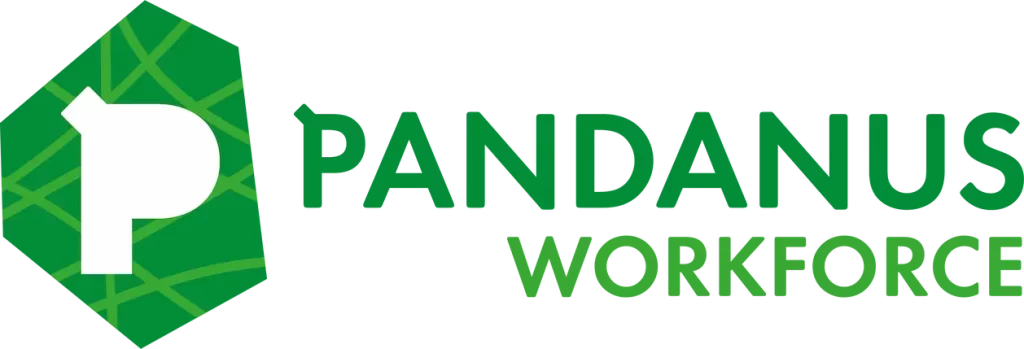A Guide to Making Remote Work Compelling
As Australia’s infrastructure and resource projects expand into remote regions, attracting skilled professionals to these unique locations has become essential. Remote roles offer unmatched opportunities, but they also come with challenges that can make recruitment difficult. To attract top talent, it’s crucial to highlight the appeal of remote locations and create a working environment that aligns with candidates’ career and lifestyle goals. Here’s a guide to creating a compelling case for why skilled professionals should consider working in remote areas.
1. Showcase the Unique Lifestyle Opportunities
Remote work often means being surrounded by Australia’s most striking and unspoiled landscapes, which can be a major draw for candidates seeking adventure or a change of pace. Highlight the ways that remote locations can enrich their lives:
- Natural Beauty and Outdoor Recreation: Emphasize access to outdoor activities like hiking, fishing, or camping that are often available in remote locations.
- Immersive Cultural Experiences: Many remote projects are located near Indigenous communities or regions with rich cultural heritage. For some candidates, the chance to engage with these communities is both enriching and rewarding.
- Work-Life Balance Potential: Many remote roles offer rotational schedules, which can give employees extended periods of time off, allowing them to pursue personal interests, travel, or spend quality time with family between shifts.
2. Promote a Strong and Supportive Team Culture
In remote environments, where employees may be far from home, the workplace culture takes on even greater importance. A strong, inclusive, and supportive team culture can make working in remote areas more appealing:
- Emphasis on Community: Highlight the close-knit team dynamics often fostered in remote locations, where collaboration and support are essential.
- Team-Building Initiatives: Promote team-building activities that bring employees together, from on-site sports and recreational events to team outings on rest days.
- Access to Mentorship: Remote environments often provide a unique chance to work closely with mentors and experienced colleagues, offering valuable learning opportunities in a supportive setting.
3. Develop and Communicate Competitive Compensation Packages
Attracting talent to remote locations may require more than standard pay. Remote roles often need additional financial incentives to ensure they remain competitive and attractive:
- Location-Based Incentives: Consider offering location-specific incentives, such as remote work bonuses, relocation assistance, or travel stipends.
- Rotational Pay and Flexibility: Some remote roles offer attractive rotational schedules (such as two weeks on, two weeks off) that allow employees to return home regularly, creating a balance that appeals to many candidates.
- Special Perks for Remote Work: Perks like professional development allowances, additional paid leave, or family relocation support can differentiate your remote roles from others.
4. Prioritize Comfortable Living Arrangements
Living conditions play a major role in job satisfaction for remote workers. Investing in quality accommodations and amenities can make remote work a more appealing prospect:
- Quality Housing Options: Ensure housing is comfortable, private, and equipped with essentials to make employees feel at home. Clean, safe, and well-maintained accommodations are key.
- Dining and Nutrition: Quality food options are appreciated, especially when they cater to a range of dietary needs, keeping employees energized and content.
- Recreational Facilities: Having spaces for exercise, relaxation, and entertainment can help remote workers unwind and enjoy their time off, which is essential for retention and well-being.
5. Ensure a Focus on Safety and Well-being
Safety is a top concern for remote workers, so creating a secure environment is crucial. By prioritizing health and well-being, employers can make remote work feel safe and welcoming:
- Comprehensive Safety Protocols: Provide thorough training tailored to the specific environment, ensuring workers feel prepared and confident.
- Access to Health Services: On-site health services or convenient access to local medical facilities provide peace of mind to employees working in remote locations.
- Mental Health Support: Living and working in isolated areas can be challenging, so offer mental health resources, wellness programs, and social networks to support employees.
6. Emphasize Professional Development and Career Growth
Remote roles offer opportunities for accelerated skill development, which can be a significant draw for career-driven professionals. Emphasizing these pathways to growth can help attract candidates looking for a professional challenge:
- Skill-Building Opportunities: Remote environments often require employees to adapt and take on various responsibilities, developing versatility and resilience.
- Fast-Track to Leadership: High performers in remote roles often have more opportunities for career advancement, as these projects may need strong leaders who are already familiar with the environment and its demands.
- Pathways to Future Roles: Make it clear that experience in remote locations can lead to future positions or more permanent roles within the company or industry.
7. Inspire a Sense of Purpose and Contribution
Many candidates are motivated by a sense of purpose and contribution to something greater. Working in remote locations often involves projects that have a tangible impact on local communities, infrastructure, or the environment:
- Positive Community Impact: Showcase how remote projects benefit nearby communities, such as by improving infrastructure, generating local employment, or supporting community programs.
- Commitment to Sustainability: Emphasize any sustainability initiatives associated with the project, as many candidates value environmentally responsible practices.
- Industry Growth and Innovation: Demonstrate how remote roles contribute to the broader industry, helping to build essential infrastructure, drive innovation, or support the national economy.
Creating a Compelling Case for Remote Locations
Attracting talent to remote locations requires a well-rounded approach that emphasizes not only competitive pay but also lifestyle benefits, a supportive culture, career growth, and meaningful impact. With thoughtful planning, companies can transform remote roles into career opportunities that employees value and seek out.
When remote roles are structured with employees’ well-being and growth in mind, they become much more than just a job—they become an adventure, a learning experience, and a way to make a lasting impact.






